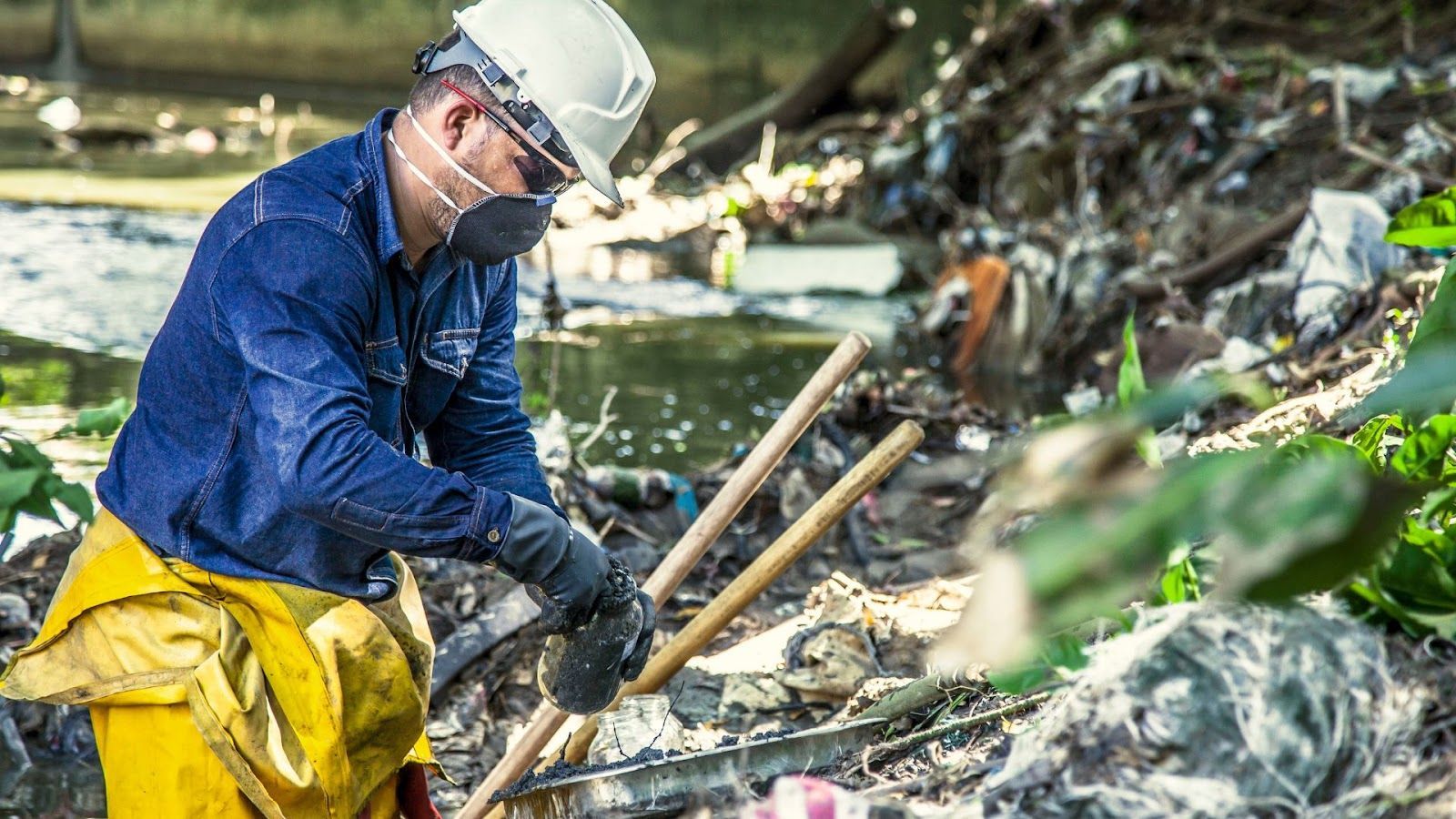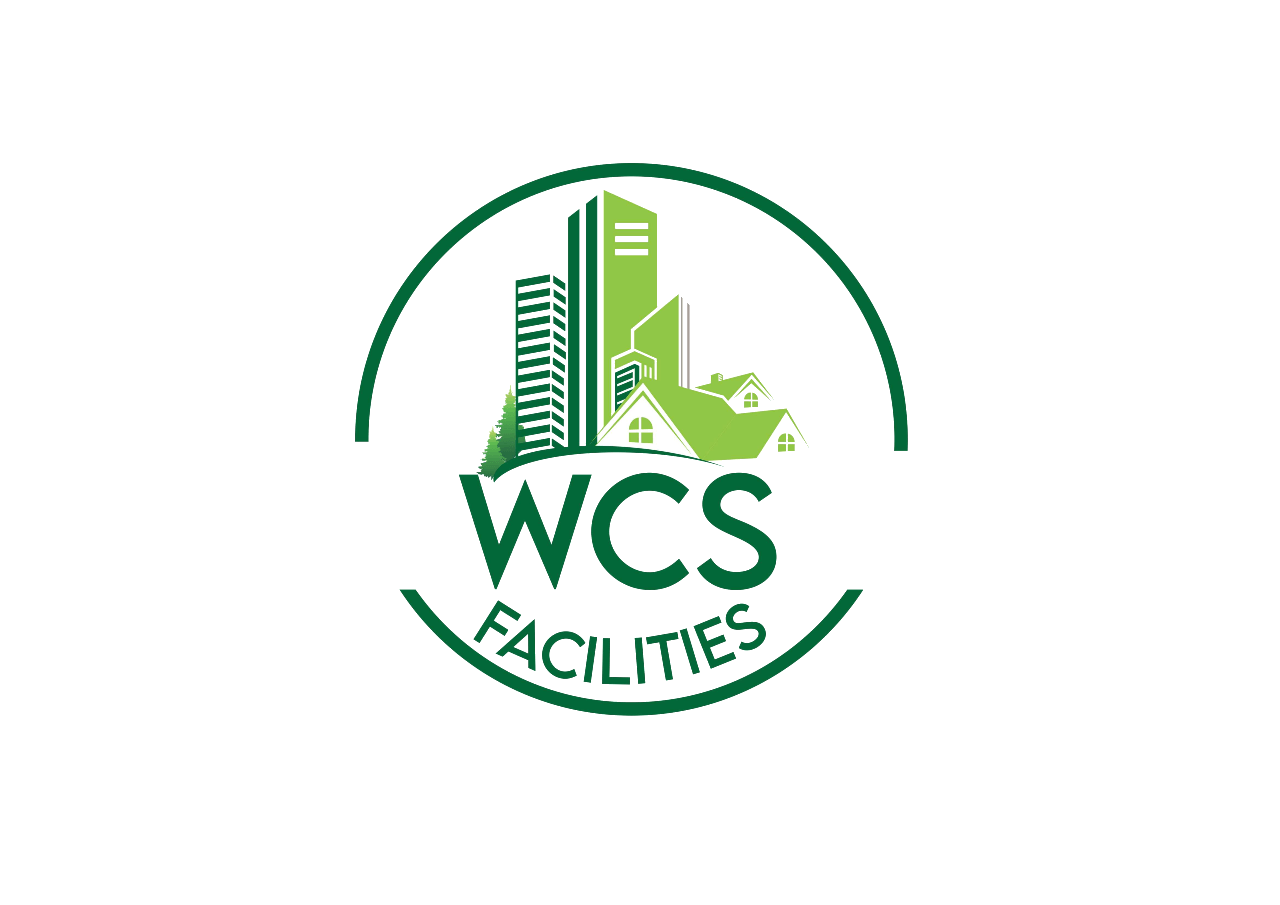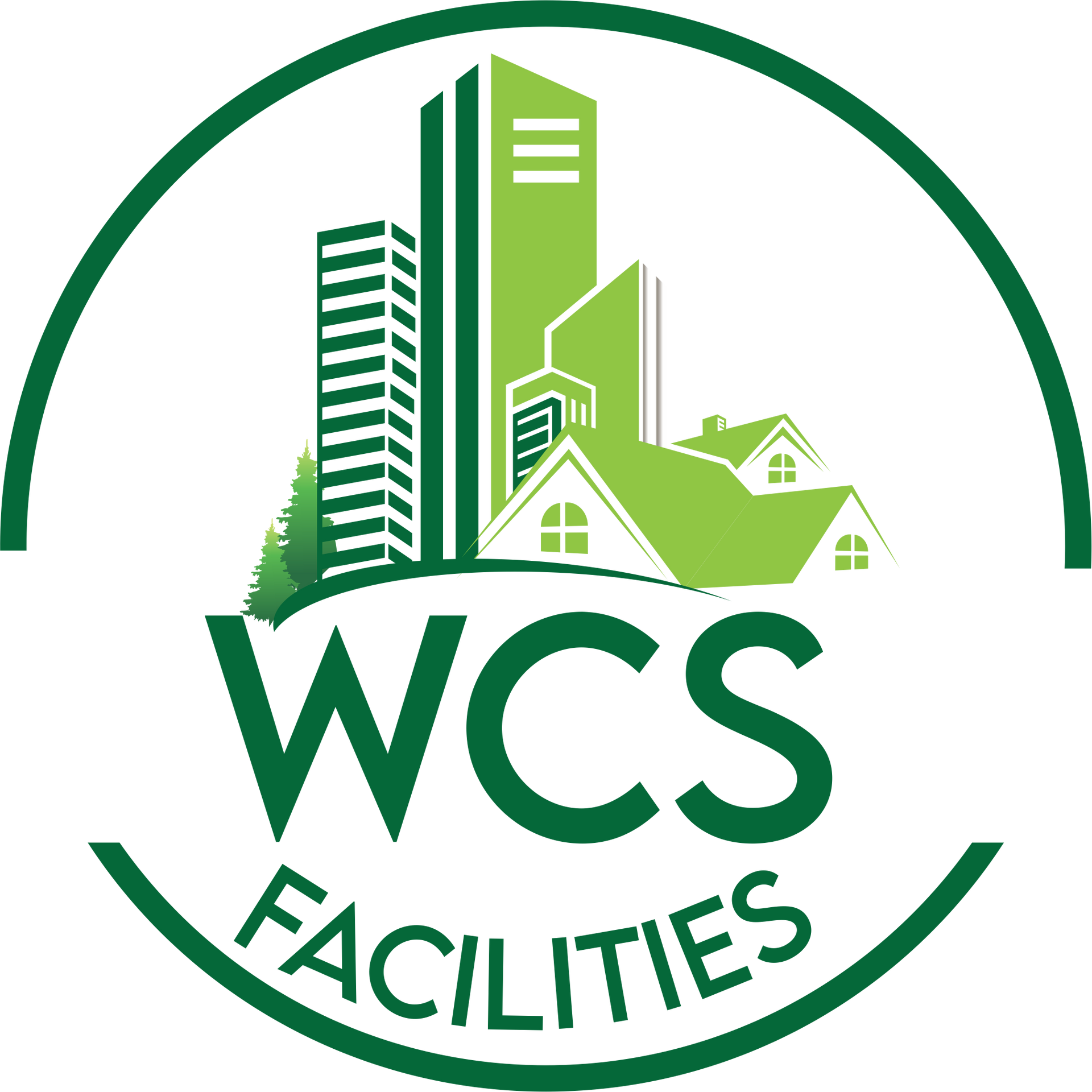A Comprehensive Guide to Waste Management Services
In today's world, where consumption is king, waste generation is inevitable. But unlike the ancient days, simply tossing everything into a single bin is no longer acceptable. Sustainable practices and environmental responsibility are at the forefront, making efficient waste management services crucial.
This article delves into waste management services, exploring the different types available, the benefits of proper waste disposal, and how companies like WCS Facilities Management can help navigate the complexities of keeping your commercial space clean and eco-friendly.
The Waste Management Hierarchy: A Ladder of Responsibility
Imagine a waste hierarchy, a pyramid with the most desirable practices at the top and the least at the bottom. This hierarchy guides waste management strategies, prioritizing practices that minimize environmental impact.
- Reduce: The golden rule is to generate less waste in the first place. This could involve using reusable products, opting for concentrated formulas, or implementing practices that minimize packaging.
- Reuse: Give items a second life by donating, repurposing, or finding creative ways to reuse old materials before discarding them.
- Recycle: Reprocessing waste materials into new products is a fantastic way to conserve resources and reduce reliance on virgin materials. Paper, plastic, glass, and metal are some commonly recycled materials.
- Compost: Organic waste like food scraps and yard trimmings can be composted, creating nutrient-rich garden soil.
- Waste-to-Energy: When other options are exhausted, some waste can be converted into energy through incineration.
- Landfill: Landfills should be the last resort. Unfortunately, some waste, like hazardous materials or contaminated items, cannot be recycled or composted.
Waste Management Services
Waste management companies offer diverse services to cater to the specific needs of businesses and organizations. Let's explore some of the most common ones:

- Dumpster Rental and Collection: This is a fundamental service that provides bins of various sizes for waste collection. The frequency of collection depends on the volume of waste generated.
- Recycling Collection: Separate bins are explicitly provided for recyclable materials. Proper sorting at the source is essential for efficient recycling.
- Hazardous Waste Disposal: Special protocols are required for handling dangerous materials like chemicals, paints, and electronics. Waste management companies ensure safe disposal by regulations.
- Food Waste Composting: Composting organic waste onsite or through collection services reduces landfill burden and creates valuable compost.
- Construction and Demolition Waste Removal: Construction sites generate significant debris. Waste management companies offer services to haul away concrete, wood, and other construction waste.
- Electronic Waste Recycling: E-waste contains hazardous materials and requires specialized recycling processes. Responsible
e-waste disposal protects human health and the environment.
- Bulk Waste Collection: Bulk waste collection services are available for large items like furniture or appliances that don't fit in regular bins.
WCS Facilities Management exemplifies a company offering comprehensive waste management services. Beyond just waste collection, they emphasize responsible disposal through practices like:
- Waste Stream Analysis: Understanding the type and volume of waste generated helps design a customized waste management plan that prioritizes reduction, reuse, and recycling.
- Onsite Consultation: WCS works with clients to identify opportunities to minimize waste generation and implement efficient sorting practices.
- Educational Resources: Providing clear signage and training to staff on proper waste disposal practices ensures everyone is on the same page.
- Sustainability Reporting: Tracking waste diversion rates allows businesses to monitor progress and demonstrate their commitment to environmental responsibility.
The Benefits of Effective Waste Management
Investing in
proper waste management services extends beyond just cleaning your commercial space. Here are some key benefits:
- Reduced Costs: Minimizing waste generation and maximizing recycling can lead to significant cost savings on disposal fees.
- Environmental Responsibility: Proper waste management practices contribute to a cleaner environment, reducing pollution and conserving resources.
- Improved Brand Image: Consumers are increasingly conscious of sustainability. Demonstrating a commitment to responsible waste disposal can enhance your brand image.

- Compliance with Regulations: Many regions have regulations governing waste disposal. Waste management companies ensure compliance, avoiding potential fines and legal issues.
- Enhanced Employee and Customer Experience: A clean and well-maintained environment fosters a positive experience for employees and customers.
Waste management is no longer a chore; it's an opportunity to demonstrate environmental responsibility and contribute to a more sustainable future by understanding the waste hierarchy and partnering with a reputable waste management service like WCS Facilities Management.
You might also like


Book a Service Today
We will get back to you as soon as possible
Please try again later
Quick & Reliable Facilities Management Services
We are available 24/7 via fax, email or telephone

Contact info
Useful links
Join the Newsletter
We will get back to you as soon as possible
Please try again later

